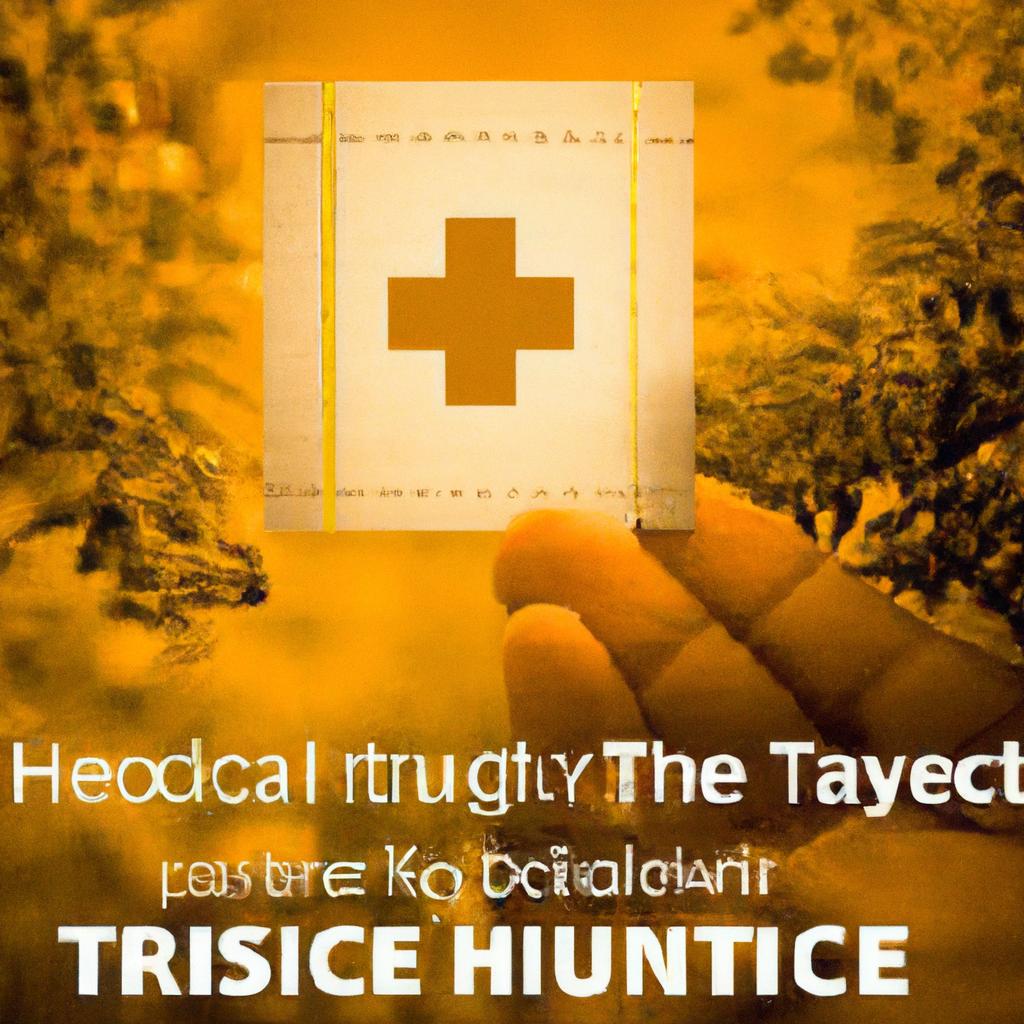Maximizing Asset Protection with Trusts
Protecting wealth and assets from potential threats like creditors and lawsuits is a common goal for many individuals, and trusts are a valuable legal tool for achieving this objective. However, not all trusts offer the same level of protection. In this article, we will explore the importance of selecting the right trust structure to enhance asset protection and the consequences of choosing an ineffective trust.
Understanding the Fundamentals of Trusts
Before delving into the types of trusts that may not effectively conceal assets, it is crucial to have a solid understanding of what a trust entails. A trust is a legal arrangement where a trustee holds assets on behalf of a beneficiary, with the trustee responsible for managing the assets in the best interest of the beneficiary as outlined in the trust agreement. Trusts can be categorized as revocable or irrevocable, depending on the grantor’s ability to modify the terms.
Diverse Range of Trust Options
There are various types of trusts available, each serving a specific purpose and offering different levels of asset protection. Some common trust types include:
- Revocable Trust: Also referred to as a living trust, this type allows the grantor to make changes during their lifetime but does not shield assets from creditors.
- Irrevocable Trust: Once established, this trust cannot be altered and typically provides protection against creditors and estate taxes.
- Spendthrift Trust: Designed to safeguard assets from a beneficiary’s creditors, this trust prohibits the grantor from being the beneficiary.
- Asset Protection Trust: Specifically crafted to shield assets from potential creditors, this trust is favored by individuals looking to safeguard their wealth.
The Drawbacks of Self-Settled Trusts
While irrevocable trusts are often recommended for asset protection, self-settled trusts present a unique challenge. In a self-settled trust, the grantor transfers assets for personal benefit in an attempt to protect them from creditors. However, in many jurisdictions, this type of trust is not recognized for asset protection, and creditors can often access the trust’s assets to settle debts or judgments against the grantor.
Potential Risks of Incorrect Trust Selection
Making the wrong choice in trust structure can have serious consequences, including:
- Asset Loss: Poor trust structuring may lead to creditors seizing trust assets to settle debts.
- Legal Complications: Establishing a trust solely for asset concealment purposes can be viewed as fraudulent, resulting in legal repercussions.
- Insufficient Protection: Certain trusts offer limited asset protection, leaving wealth vulnerable to potential threats.
Benefits of Optimal Trust Selection
Conversely, selecting the appropriate trust structure offers numerous advantages, such as:
- Asset Protection: A well-structured irrevocable trust can safeguard assets from creditors and lawsuits, preserving wealth for future generations.
- Estate Planning: Trusts play a crucial role in estate planning, ensuring assets are distributed according to the grantor’s wishes and minimizing estate taxes.
- Privacy: Trusts provide privacy as they are not subject to public probate records like wills.
Effective Strategies for Asset Protection Trusts
When establishing an asset protection trust, consider the following tips for optimal asset safeguarding:
- Seek guidance from a knowledgeable estate planning attorney to determine the most suitable trust structure for your specific needs.
- Choose a reputable trustee with expertise in trust administration and asset management.
- Clearly outline the trust terms to avoid ambiguity and potential legal disputes.
- Regularly update trust documents to reflect changes in financial status or personal circumstances.
Case Study: The Johnsons’ Asset Protection Trust
The Johnson family, affluent individuals with significant assets, established an asset protection trust to shield their wealth from potential threats. By collaborating with an experienced estate planning attorney, they created an irrevocable trust with robust asset protection measures, ensuring their assets were safeguarded from lawsuits. Over time, the trust’s value grew, providing financial security for the Johnsons and their descendants. When faced with a legal challenge, the trust effectively protected their assets, highlighting the importance of meticulous trust planning for asset protection.
Conclusion
selecting the right trust structure is paramount for maximizing asset protection. While self-settled trusts may appear appealing, they are generally ineffective for asset protection. Opt for an irrevocable trust with strong asset protection provisions to shield wealth from potential threats. By collaborating with a skilled estate planning attorney and crafting a comprehensive trust agreement, you can ensure asset protection from creditors and lawsuits, securing your financial legacy for future generations. Remember, proactive planning and choosing the appropriate trust structure are essential for successful asset protection.





